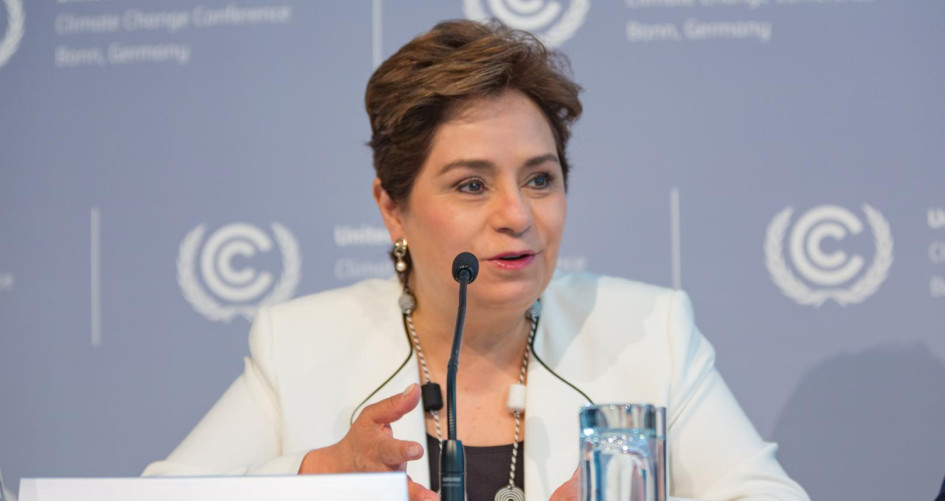By Patricia Espinosa, Executive Secretary of UN Climate Change
Women are more than 50% of the world's population but are still a minority in positions of political and economic power. The latest "Map of Women's Participation in Politics" by UN Women and the Inter-Parliamentary Union (IPU), says only 23% of legislative posts are held by women, and this is growing by only 1% a year.
Progress is also slow in the private sector. Only 6% of the Fortune 500 companies are run by women. According to the World Economic Fund, this rate will take more than 200 years to achieve gender parity in the business sector alone.
It is therefore no surprise that women are also a minority in leadership positions in climate action, despite abundant evidence that women's full participation in climate policies leads to not only fairer but better results.
These and other facts may be cause for pessimism on International Women’s Day. However, there are signs that if we want to, we can make the progress we need and close the gap within a generation, —ideally far sooner.
For the first time in the United Nation’s 73-year history parity has just been achieved in the Senior Management Group that encompasses its top leaders from departments, offices, funds and programmes. But the challenge remains: UN Secretary-General António Guterres has set the goal of achieving parity in all leadership positions in the UN system by 2021, and at all other professional levels by 2028.
In the UN’s climate change process, we are also moving. In November, at the UN climate conference held in Bonn the Gender Action Plan was unanimously adopted with clear priorities.
These include integrating the gender perspective in climate policies and to promote women's participation and leadership in the bodies of the UN Framework Convention on Climate Change and the Paris Agreement.
Countries, with the support of the UN Climate Change secretariat, have a responsibility to implement this plan with sufficient means to achieve its objectives. The good news is that 64 nations are already including a gender perspective in their national action plans under the Paris Agreement. However, neither the number of these policies nor the overall level of ambition is still sufficient.
Achieving the Sustainable Development Goals and the Paris Climate Change Agreement will need profound changes in policies, across sectors, in societies and in culture. The good news is that by empowering women and girls and promoting parity in all these sectors, we will achieve positive, multiple benefits that will bring us closer and closer to the ambitious goals we have set ourselves within the international community as a unique and united humanity.
This year’s International Women's Day will, through a myriad of sobering statistics, illuminate the challenges on the road ahead. But, it must also show us that the road is wide, and that for every confident step we take - however small it may seem - towards gender equality we are making crucial progress to a better world for every woman, man and child.
